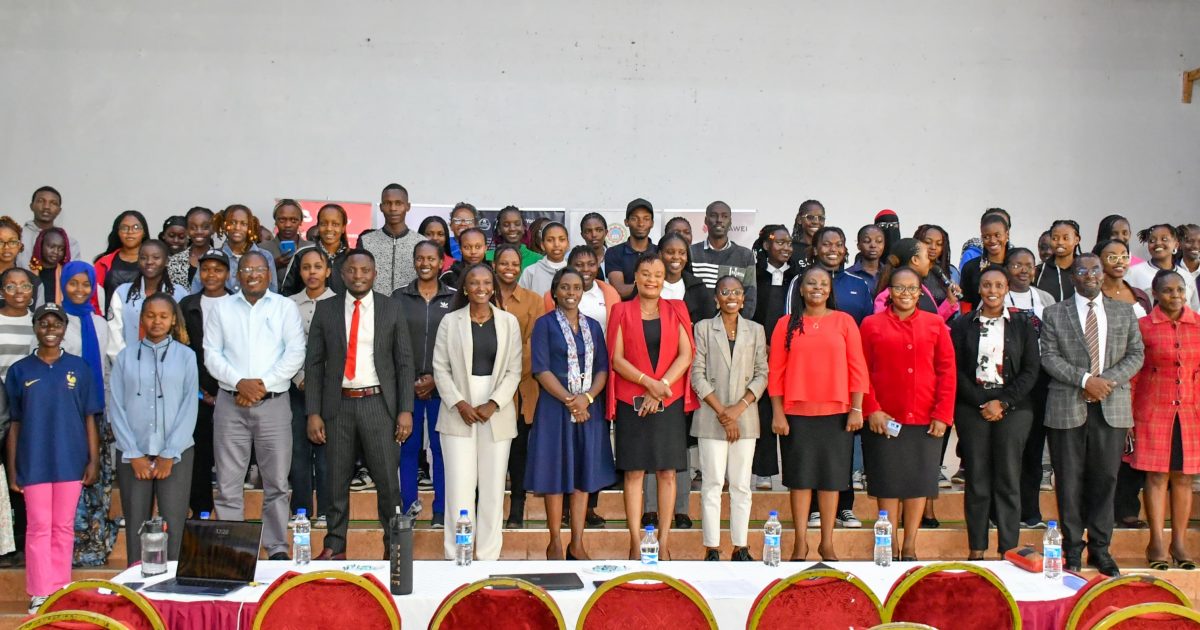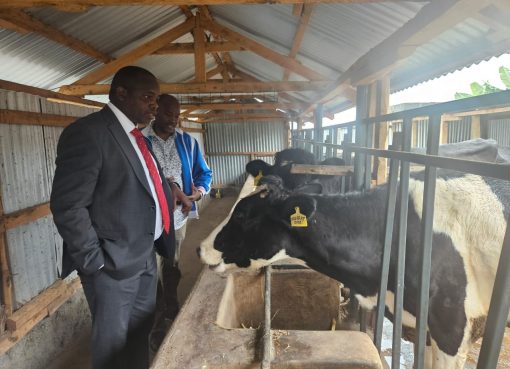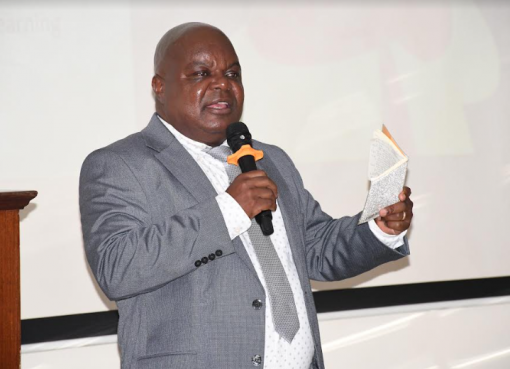Huawei, in partnership with Jomo Kenyatta University of Agriculture and Technology (JKUAT), marked International Girls in ICT Day 2025 with a transformative mentorship and upskilling session for 100 female students in Science, Technology, Engineering, and Mathematics (STEM) fields.
Held under the theme “Bridging the Digital Divide through Leadership and Innovation,” the event is part of Huawei’s global Women in Tech program and strongly aligned with this year’s international focus on “Leadership” with the goal to equip young women with the skills, confidence, and inspiration to take up leadership roles in the digital space.
“These girls are not just the future of tech; they are the present; therefore, we are here to support themevery step of the way,” said Ms. Faith Mueni Kimanzi, an IP Solutions Architect at Huawei Kenya.
The session featured hands-on mentorship from seasoned ICT professionals, real-world tech insights, and the awarding of Huawei Cloud Certification vouchers, a vital credential for any budding cloud computing professional.
Prof. Catherine Kunyanga, Associate Dean at the University of Nairobi’s Faculty of Agriculture, urged the students to embrace technology not only as a career path but as a tool for change.
“It’s not just an opportunity; it is a call to leadership,” she said, adding that such strategic partnerships create an equal and innovative future.
Prof Kunyanga noted that despite growing efforts, the gender gap in STEM remains wide since most girls are never introduced to ICT at a young age.
She added that societal norms, gender stereotypes, and limited access to female mentors continue to discourage girls from pursuing tech careers, especially those in rural areas; lack of internet and digital tools remains a serious barrier.
“This is why we’re investing in every stage of the tech pipeline from classroom to career; we are making sure girls from all walks of life have access to mentors, training, and real opportunities,” said Kunyanga
Meanwhile, the Huawei ICT Competition saw over 3,000 Kenyan students participate this year, with 32 percent of them being girls; five of those young women have already advanced to the Regional Finals in South Africa, slated for March 2025.
Program Coordinator at Huawei, Eric Munene said that Huawei is also preparing students for leadership through its Management Trainee Program (HMTP) and university partnerships via the ICT Academy, Lecturer Training & Certification, and University Job Fairs.
Munene stressed that such initiatives are aimed at creating clear, supported pathways into tech careers, particularly for young women.
“These platforms are more than competitions; they are launch pads, we are proud to see more and more women rising to the top,” stressed Munene.
Meanwhile, Dr. Esther Wanjiku, a lecturer and Huawei ICT Academy trainer, reiterated that beyond university programs, Huawei is targeting younger students with early access to digital learning.
She added that initiatives like DigiSchool (in partnership with UNESCO) and the Huawei DigiTruck—a mobile digital classroom—are bridging gaps for students in remote areas.
“Skills are important, but so is the system around them,” said Dr. Wanjiku. “We are not just building knowledge; we’re building futures.
She revealed that since its launch, DigiTruck has trained over 6,000 individuals across Kenya, including youth and small business owners.
Huawei’s multi-layered approach, blending mentorship, skill-building, and inclusive access, is not just helping girls into tech; it is helping them lead it.
By Joan Ogolla





